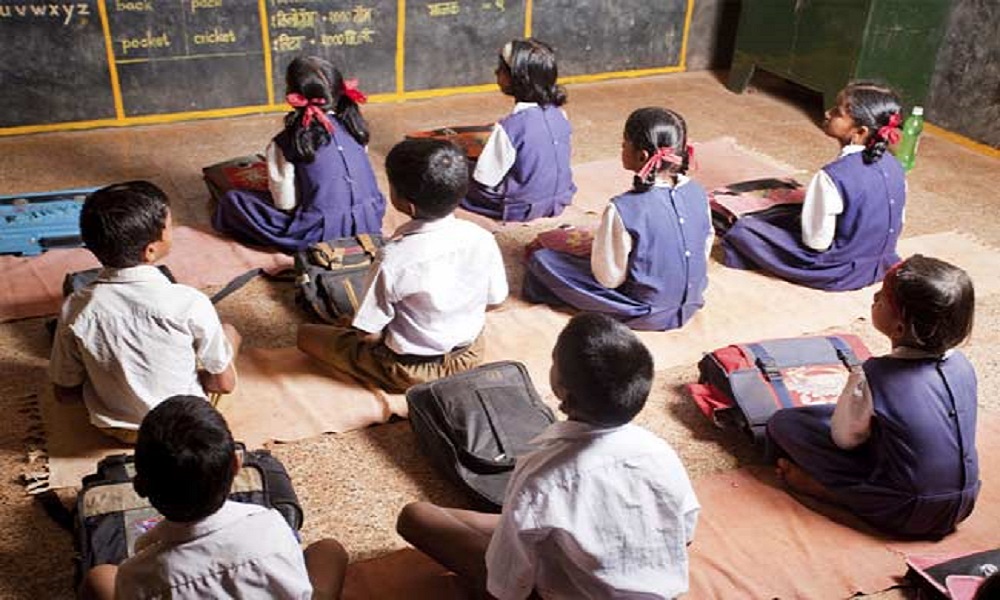Early childhood education (ECE) plays a pivotal role in shaping children’s development and laying the groundwork for lifelong learning. The formative years from birth to age eight are critical for cognitive, social, emotional, and physical growth, making high-quality early education essential for children’s overall well-being and future success.
This blog of Fikrah defines Understanding, the importance of early childhood education is key to advocating for policies and investments that support early learning opportunities for all children.
Cognitive Development
Early childhood education provides a stimulating environment that fosters cognitive development and prepares children for academic success. Through age-appropriate activities, play-based learning, and hands-on experiences, young children develop essential cognitive skills such as language acquisition, problem-solving, critical thinking, and creativity.
Consequently, this foundation not only prepares children for academic success. These foundational skills serve as building blocks for future learning and academic achievement, setting children on a trajectory for success in school and beyond.
Social and Emotional Development
Early childhood education also plays a crucial role in supporting children’s social and emotional development. In a nurturing and inclusive environment, children learn to interact with peers, develop empathy and compassion, regulate their emotions, and build positive relationships with adults and peers.
Moreover, through structured activities and stimulating curriculum, educators facilitate the cultivation of curiosity and critical thinking from an early age. These social and emotional competencies are essential for healthy socialization, conflict resolution, and resilience, laying the groundwork for positive mental health and well-being throughout life.
Closing the Opportunity Gap
Access to high-quality early childhood education is essential for closing the opportunity gap and promoting equity in education. Research shows that children from disadvantaged backgrounds benefit the most from participation in early learning programs, which provide them with the support and resources they need to thrive.
By investing in early childhood education, policymakers can level the playing field for all children, regardless of socioeconomic status, race, or ethnicity, and ensure that every child has the opportunity to reach their full potential.
Parental Engagement and Support
Early childhood education programs also serve as hubs for parental engagement and support, providing families with resources, information, and guidance to support their children’s learning and development. Parental involvement in early education is associated with positive outcomes for children, including higher academic achievement, improved behavior, and enhanced social skills.
Consequently, this foundation not only prepares children for academic success but also instills a lifelong love for learning, enabling them to adapt and thrive in an ever-evolving world. By partnering with families and communities, early childhood educators can create a seamless transition between home and school environments, fostering a supportive learning ecosystem for children.
Conclusion: Investing in Our Future
The importance of early childhood education cannot be overstated. By providing children with a strong foundation for lifelong learning, early education programs lay the groundwork for future academic success, social well-being, and economic prosperity. Thus, investing in quality early childhood education is paramount, as it lays the cornerstone for a lifetime of exploration, growth, and achievement.
As advocates, educators, policymakers, and community members, we must prioritize early childhood education and ensure that every child has access to high-quality learning opportunities from the earliest stages of life. By investing in our youngest learners, we invest in the future of our society as a whole.
Click here to know more about “Why is Early Childhood Education important?”

